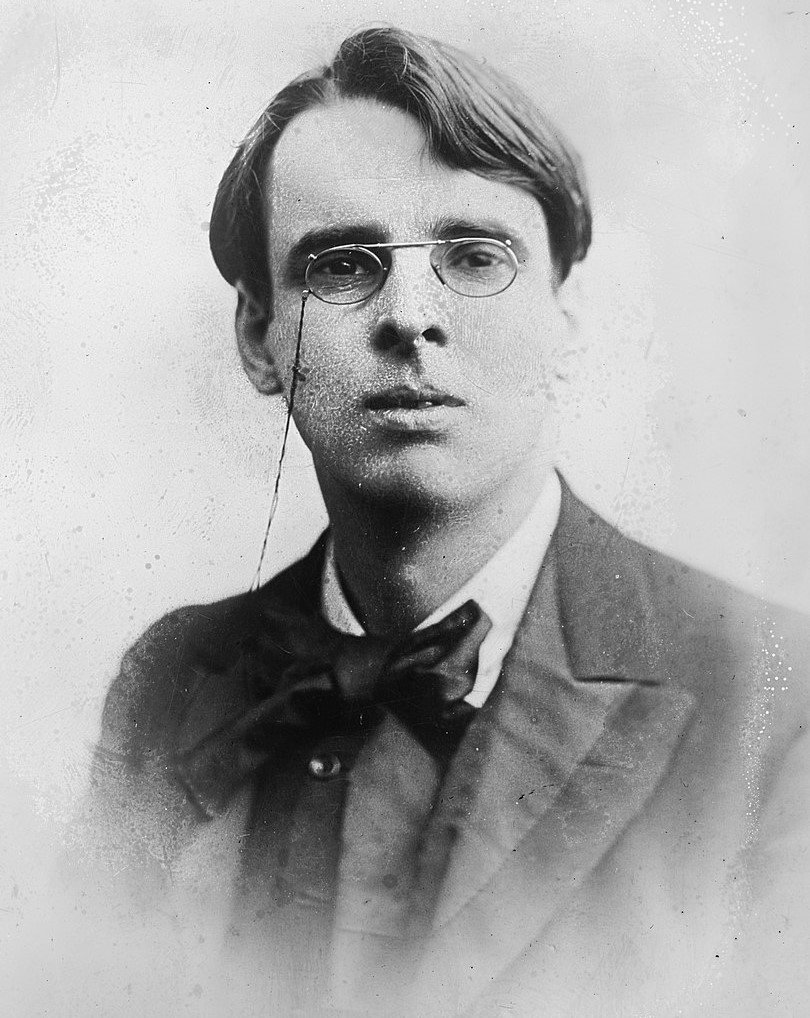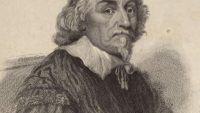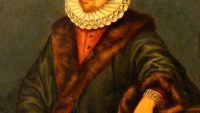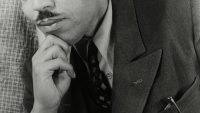William Butler Yeats was an Irish poet, playwright, and key figure in the Irish Literary Revival and the modernist movement. Born on June 13, 1865, in Dublin, Ireland, Yeats spent much of his childhood in County Sligo, which would later influence his poetry profoundly. He was deeply interested in Irish mythology, folklore, and mysticism, themes that permeate much of his work.
Yeats’s literary career spanned several decades, during which he produced a vast body of work that explored themes of love, politics, and the human condition. His early poetry was heavily influenced by Romanticism and Celtic mythology, but he later embraced modernist techniques and themes, experimenting with symbolism and esotericism.
Yeats’s impact extended beyond his poetry, as he was also a leading figure in the Irish literary and nationalist movements. He co-founded the Abbey Theatre in Dublin, which became the home of the Irish National Theatre Society and played a vital role in promoting Irish drama and literature. Throughout his life, Yeats remained deeply engaged in the cultural and political life of Ireland, advocating for Irish independence and cultural revival.

If you are interested to know more about William Butler Yeats, it’s surely a good idea to look at these 10 interesting facts about William Butler Yeats.
- Nobel Prize in Literature : William Butler Yeats was awarded the Nobel Prize in Literature in 1923 for his “inspired poetry, which in a highly artistic form gives expression to the spirit of a whole nation.”
- Spiritualism and the Occult : Yeats had a deep interest in mysticism, the occult, and spiritualism, which heavily influenced his poetry. He was a member of the Hermetic Order of the Golden Dawn, an organization dedicated to the study of the occult and esotericism.
- Love for Maud Gonne : Yeats had a lifelong unrequited love for Maud Gonne, an Irish revolutionary and feminist. She served as a muse for much of his poetry and inspired some of his most famous works, including “The Wild Swans at Coole” and “Easter, 1916.”
- Playwright : In addition to his poetry, Yeats was a prolific playwright and wrote numerous plays, including “The Countess Cathleen,” “Cathleen ni Houlihan,” and “The Land of Heart’s Desire.”
- Irish Nationalism : Yeats was a fervent supporter of Irish nationalism and played a prominent role in the Irish Literary Revival, which sought to promote Irish culture and literature. He was involved in the Irish Republican movement and served as a senator in the Irish Free State.
- Symbolism : Yeats’s poetry is characterized by its use of symbolism, mythology, and mysticism. He drew heavily on Irish folklore and mythology in his work, creating a rich and evocative poetic universe.
- Founder of the Abbey Theatre : Yeats co-founded the Abbey Theatre in Dublin in 1904, along with Lady Gregory and John Millington Synge. The theatre played a crucial role in the Irish literary renaissance and became a symbol of cultural revival in Ireland.
- Autobiographical Elements : Many of Yeats’s poems contain autobiographical elements, reflecting his personal experiences, beliefs, and relationships. His poetry often explores themes of aging, love, loss, and the passage of time.
- Influence on Modernism : Yeats’s innovative use of language, symbolism, and form had a profound influence on the modernist movement in literature. His experimentation with poetic techniques and themes paved the way for future generations of poets.
- Legacy : William Butler Yeats is widely regarded as one of the greatest poets of the 20th century. His poetry continues to be celebrated for its lyrical beauty, profound insights, and timeless relevance, cementing his place in the literary canon.
William Butler Yeats stands as a towering figure in the world of literature, whose poetic genius and profound insights continue to captivate and inspire readers around the globe. His exploration of themes such as love, nationalism, mysticism, and the passage of time transcends the boundaries of time and space, resonating with the human spirit across generations. As a central figure in the Irish Literary Revival and the modernist movement, Yeats’s influence extends far beyond his poetry, shaping the cultural and literary landscape of the 20th century. His commitment to Irish nationalism, his deep engagement with mythology and the occult, and his innovative use of symbolism and language mark him as a true visionary of his time. William Butler Yeats’s legacy endures as a testament to the enduring power of art to illuminate the human experience and to transcend the limitations of the physical world.



